Russia’s Dmitry Medvedev says “Donald Trump tried to mislead and confuse the entire world. But not us, we won’t be fooled that easily.”
In a bold statement that has stirred diplomatic waters, Dmitry Medvedev, the former president and current deputy head of Russia’s Security Council, has criticized former U.S. President Donald Trump, claiming that Trump tried to mislead and confuse the world. Medvedev’s remarks come at a time of heightened tensions between Russia and the United States, as both nations continue to grapple with issues related to geopolitics, the war in Ukraine, and global influence. This strong rhetoric from a high-ranking Russian official adds a new layer of complexity to an already charged international dialogue.
Medvedev’s Criticism: A Direct Challenge to Trump’s Approach
Dmitry Medvedev, known for his sharp and often provocative statements, is no stranger to the world stage. His latest comments on Donald Trump, which came in response to recent remarks and actions from the former U.S. president, highlight the ongoing tensions between the two countries. Medvedev asserted that while Trump may have successfully deceived and misled the international community on various matters, Russia was not easily swayed by such tactics.
The Russian official’s comments are rooted in a broader narrative of distrust between Russia and the U.S. under both Trump’s and current President Joe Biden’s administrations. The geopolitical rivalry between the two nuclear powers has only intensified in recent years, particularly due to the conflict in Ukraine, U.S. support for NATO, and the ongoing sanctions regime against Russia.
The Context of Medvedev’s Statement
The backdrop to Medvedev’s statement lies in the contentious relationship between the United States and Russia, especially in the post-Trump era. Although Trump has often been seen as more sympathetic to Russia compared to other U.S. leaders, his time in office was also marked by significant tensions, particularly over issues like Russia’s interference in the 2016 U.S. presidential election, the annexation of Crimea, and U.S. support for NATO’s eastern expansion.
Despite Trump’s rhetoric during his presidency that often downplayed Russia’s actions on the global stage, it is clear that his relationship with Moscow remains a point of contention. In particular, Medvedev’s statement underscores the suspicion and disdain with which Russia views many of the actions and policies promoted by the U.S. over the years. Medvedev, who served as the President of Russia from 2008 to 2012 and is currently one of the most prominent figures in Russian politics, has been outspoken about his disapproval of Western influence in global affairs.
What Does This Mean for U.S.-Russia Relations?
Medvedev’s remarks are not just an attack on Trump personally but also a pointed criticism of the broader U.S. approach to Russia. In his statement, Medvedev emphasized that while Trump may have tried to deceive the world, Russia was not naïve enough to fall for these tactics. This suggests that Russia continues to view the United States as a major geopolitical adversary, one that is capable of misleading the international community through various diplomatic maneuvers.
The implications of this statement are significant for the future of U.S.-Russia relations. Medvedev’s words serve as a reminder of the deep divisions that exist between the two nations and the lack of trust that underpins their interactions. As Russia continues to face international isolation and sanctions, especially in light of the war in Ukraine, comments like Medvedev’s only further distance the possibility of a meaningful reconciliation between the U.S. and Russia.
Trump’s Response: A Polarizing Figure on the Global Stage
Trump’s legacy as a polarizing figure in American and global politics remains undeniable. His foreign policy approach, particularly toward Russia, was seen by some as a departure from the traditional stance of the U.S. government. Critics argued that his seemingly conciliatory attitude toward Russia undermined U.S. interests and emboldened the Kremlin, while his supporters viewed his engagement with Russia as an attempt to reset relations and reduce tensions.
Since leaving office, Trump has continued to remain a central figure in U.S. politics, frequently making headlines with his statements and actions. His position on international issues, including his stance on Russia, has remained contentious. As the U.S. grapples with the fallout from the war in Ukraine and other international crises, the legacy of Trump’s presidency continues to shape global conversations about American foreign policy and its relationships with adversaries like Russia.
Medvedev’s Statement and Russian Domestic Politics
Medvedev’s sharp comments are also likely to resonate within Russia’s domestic political landscape. As one of the most influential figures in the country’s security apparatus, his words carry significant weight. By positioning Russia as immune to the deceptions of Western powers, Medvedev is likely aiming to strengthen domestic support for the government’s anti-Western narrative. In the context of growing nationalism and a hardened stance against the West, Medvedev’s comments are in line with Russia’s broader messaging of defiance and resistance to foreign influence.
For Russian citizens, the statement serves as a reinforcement of the government’s narrative that the West, led by the U.S., is actively working against Russian interests. This helps solidify the government’s stance on issues like the ongoing conflict in Ukraine and Russia’s perceived role as a counterbalance to Western powers.
The Global Impact: A Fractured International Order
Medvedev’s comments also highlight the broader implications of U.S.-Russia relations for global diplomacy. As the world watches the ongoing conflict in Ukraine and the increasing polarization between East and West, statements like Medvedev’s are reminders of the fractures in the international order. With the U.S. and Russia locked in a bitter standoff, the world faces heightened risks of escalation in areas such as military confrontation, economic warfare, and ideological conflict.
In this context, Medvedev’s claim that Russia will not be fooled signals that the country is not willing to play by the traditional diplomatic rules that have shaped much of the post-Cold War era. As Russia continues to assert its global influence, the clash between the U.S. and Russia is likely to be a defining feature of international relations for the foreseeable future.
Conclusion: A New Era of U.S.-Russia Tensions?
Dmitry Medvedev’s harsh words about Donald Trump and U.S. foreign policy underscore the deep-seated tensions that persist between Russia and the United States. While the rhetoric may serve as a means of rallying domestic support, it also signals that Russia is prepared to continue its defiant stance on the world stage. As the U.S. and Russia continue to spar over global influence, these comments remind us that the relationship between the two nations is far from resolution. Instead, it points to a new era of heightened tensions and strategic maneuvering, with no easy path toward reconciliation in sight.
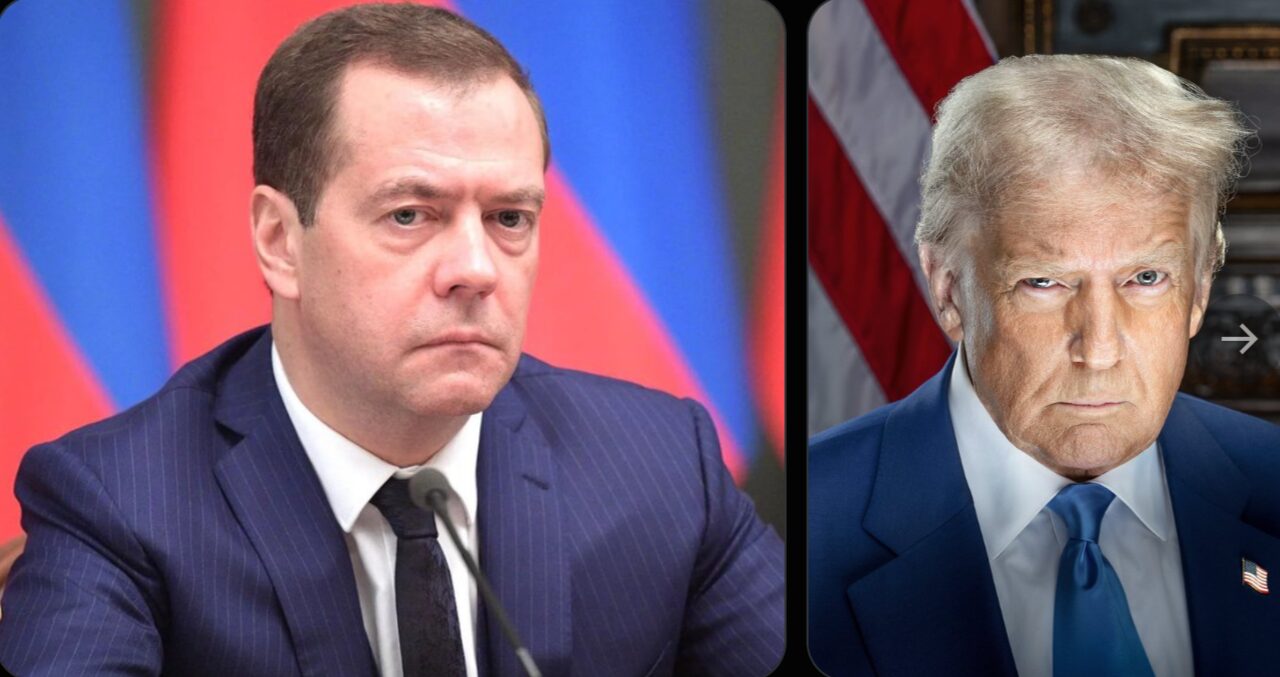
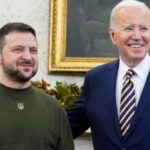
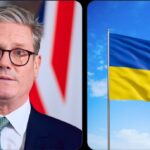
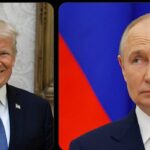
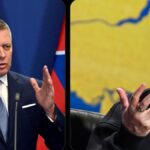
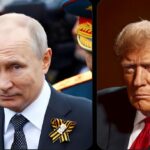
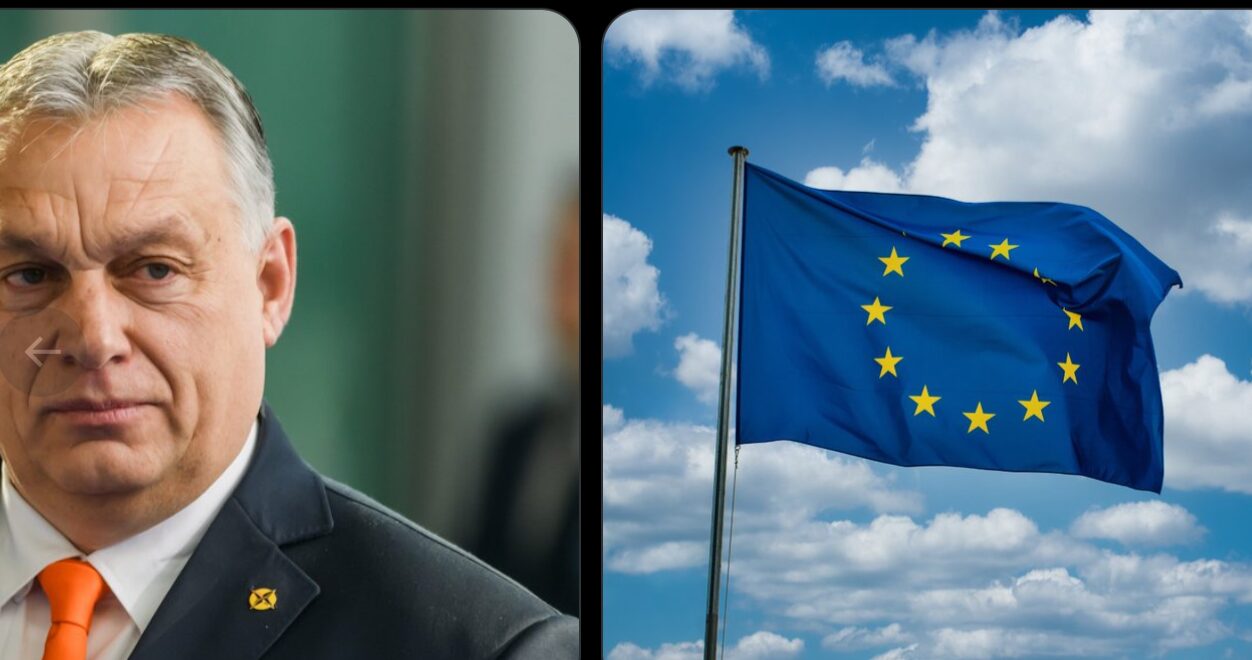
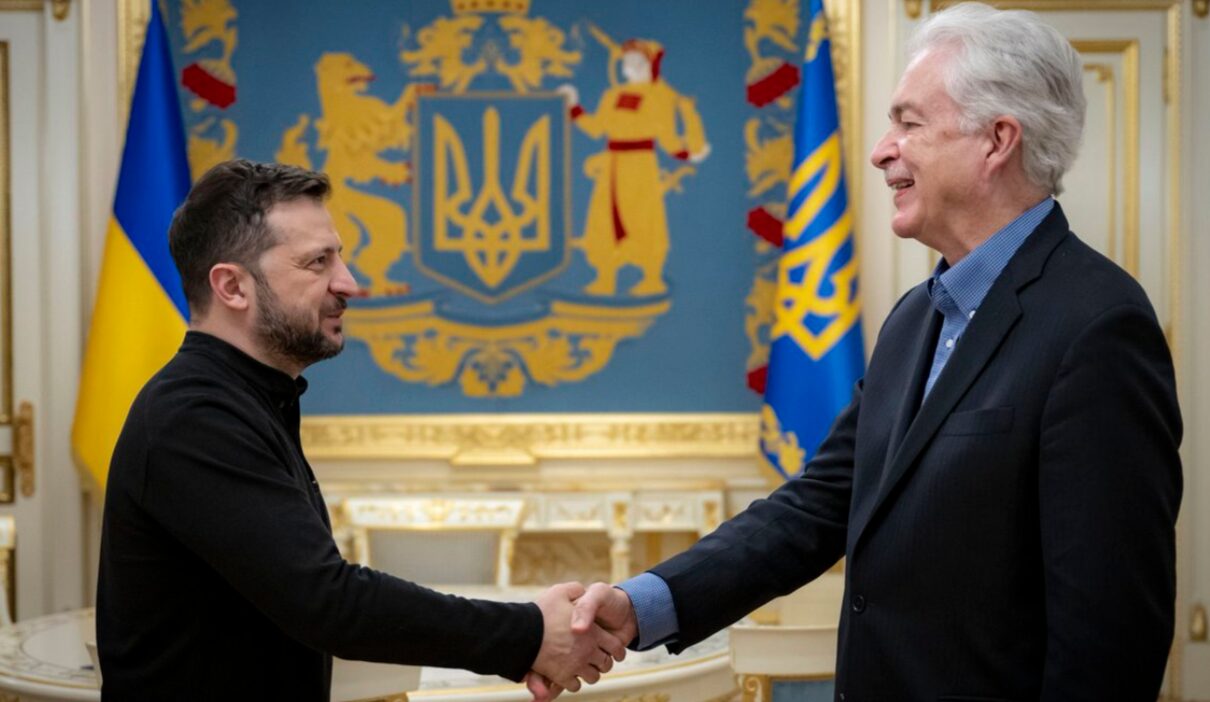
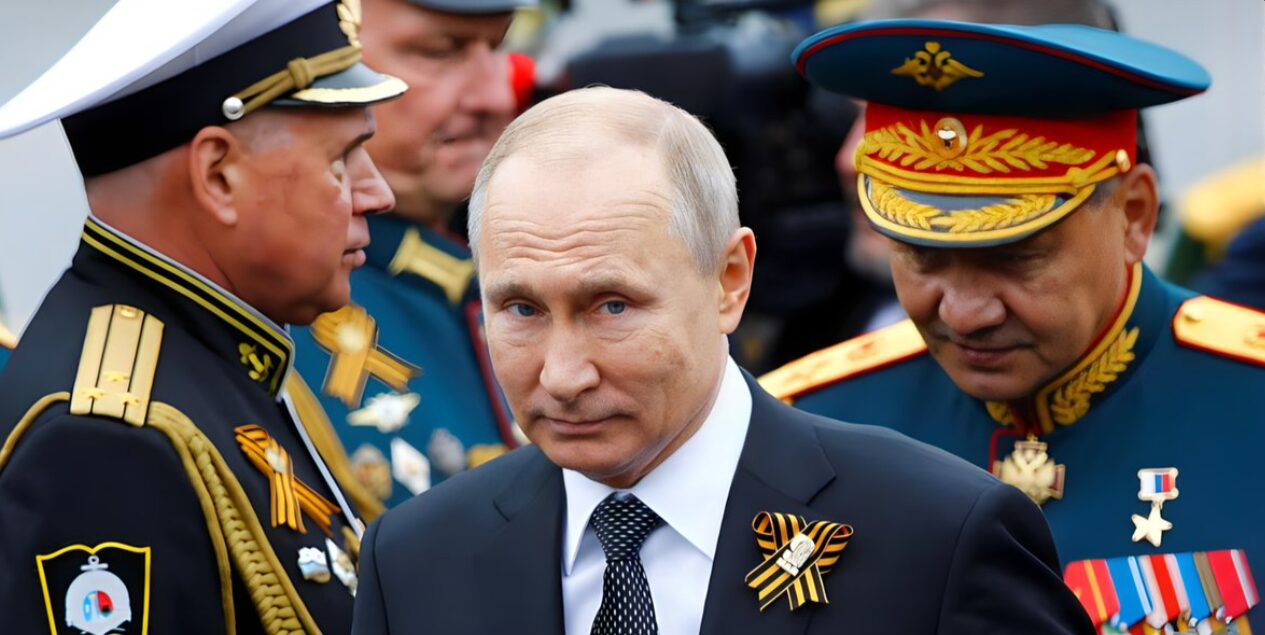








Post Comment